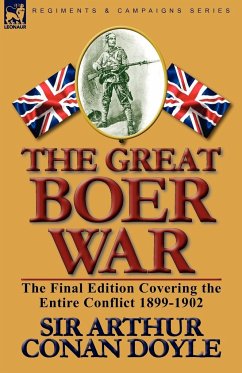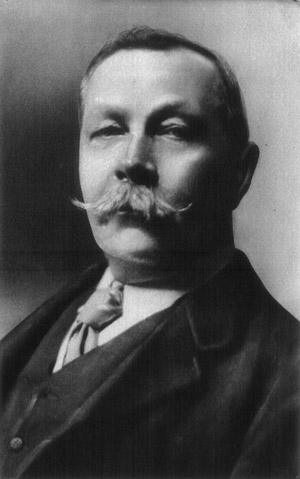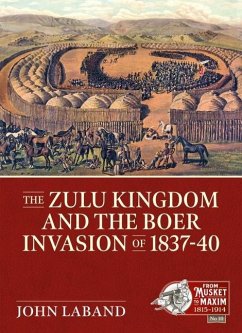
The Great Boer War
The Final Edition Covering the Entire Conflict 1899-1902
Versandkostenfrei!
Versandfertig in 1-2 Wochen
29,99 €
inkl. MwSt.

PAYBACK Punkte
15 °P sammeln!
A great writer's take on the war of his time Several famous British novelists at the turn of nineteenth and twentieth centuries departed from the kinds of books that had brought them fame to write factual accounts of the momentous events of their own times. Most were writers of historical fiction and some were enthusiastic collectors of military history and staunch supporters of British imperialism, so it was perhaps inevitable that they would write of the unfolding events of empire. Notable among these authors were Rudyard Kipling, John Buchan and the author of this Boer War history, the famo...
A great writer's take on the war of his time Several famous British novelists at the turn of nineteenth and twentieth centuries departed from the kinds of books that had brought them fame to write factual accounts of the momentous events of their own times. Most were writers of historical fiction and some were enthusiastic collectors of military history and staunch supporters of British imperialism, so it was perhaps inevitable that they would write of the unfolding events of empire. Notable among these authors were Rudyard Kipling, John Buchan and the author of this Boer War history, the famous creator of Sherlock Holmes and Brigadier Gerard, Sir Arthur Conan Doyle. One might expect that Doyle would show a jingoistic bias towards all matters British and there certainly is an element of that within these pages, but in the main he took his role as historian seriously and produced a comparatively well balanced work on the Boer political position and their abilities as a military force. However, irrespective of perspective, Conan Doyle's book displays a reliable skill in penmanship that is both distinctive and entertaining. He began this substantial book while the war was being fought, but this edition represents its fourth and final edition completed in 1904 some time after the last shot had been fired. It comprehensively covers the entire conflict and the text includes five useful campaign maps. This is an essential addition to the library of the history of the Boer War as well as for those who simply enjoy Conan Doyle's craft. Available in softcover and hardcover with dust jacket.















